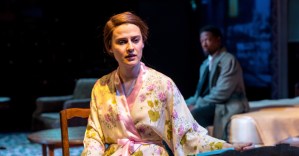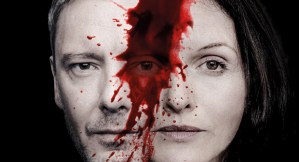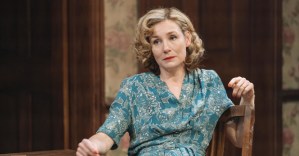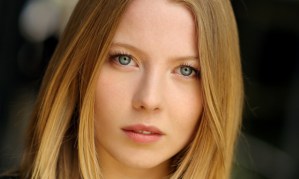Review: Hedda Tesman (Minerva Theatre, Chichester)
Haydn Gwynne stars in this adaptation of Ibsen’s ”Hedda Gabler”
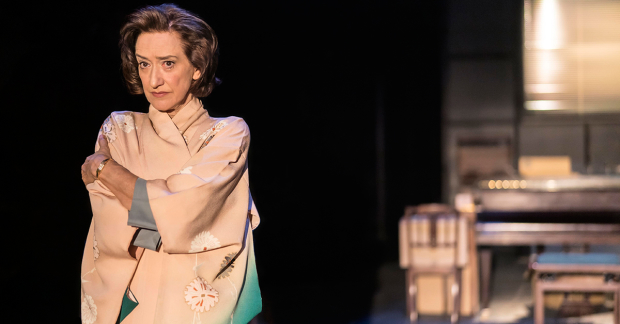
© Johan Persson
How cruel should you become to be noticed? How vicious should be the barb, the pain inflicted, to find a reason to exist?
In this reworking of Henrik Ibsen's haunting Hedda Gabler, the answers remain the same. In the end, if your existence is invisibility then vanishing altogether may be the only way out. Writer Cordelia Lynn brings Hedda into the modern world in this adaptation, which debuts in Chichester this season.
The story remains the same: Hedda still yearns to be relevant, to be noticed, to have a role in a world where she feels forgotten and overlooked. In her boredom and frustration she turns to thoughts of cruelty, and all too often acts on them. When it is an aunt's hat she ridicules, it is a slight. When it is a life she endangers, it is a tragedy.
Lynn has moved Ibsen's characters into the modern day, placing the story in a large, rambling house set outside an English university town. Ibsen's Hedda was in her late 20s, realising she was trapped in a marriage she could not escape from. Lynn's Hedda Tesman, played wonderfully by Haydn Gwynne, is now late middle-aged and painfully aware she has wasted her life. Her husband, the puppy-like George (Anthony Calf) wishes only to keep Hedda happy but is embroiled in his obscure writings. Their daughter Thea (Natalie Simpson), of the same age as Hedda in Ibsen's original, is estranged from her mother, the audience experiencing glimpses of the cruelties that drove her away.
Having returned from two years in America, the Tesmans are facing a new start, but with the arrival of old ties – the menacingly charming Brack (Jonathan Hyde) and George's troubled former protégée Elijah (Ifran Shamji) – Hedda fears little is there to change her bored life. The cruelties grow in stature, the relationship between mother and daughter further complicated by both of their associations – past and present – with Elijah. And ever-present are the guns: a pair of pistols handed down from Hedda's father that, although unseen for most of the play, are an ever-present danger in the audience's mind.
Holly Race Roughan's direction elicits few laughs and those that do come are from nervous relief as the play runs towards its inevitable conclusion and the guns speak. Designer Anna Fleischle has worked her magic on a set that marvellously creates the impression of a rambling, down at heel residence in the small space that is the Minerva Theatre. And full praise must go to Ruth Chan for the production's music, creating a superb live accompaniment to the events from the half-obscured pianist (Catriona Beveridge and Jennifer Whyte).
Ibsen's Hedda Gabler is one of the theatre's most haunting female characters and tells of a frustration in an age when women had little voice. Through her adaptation, Lynn reveals how Hedda's torment is just as applicable today as it was a century or more ago.


